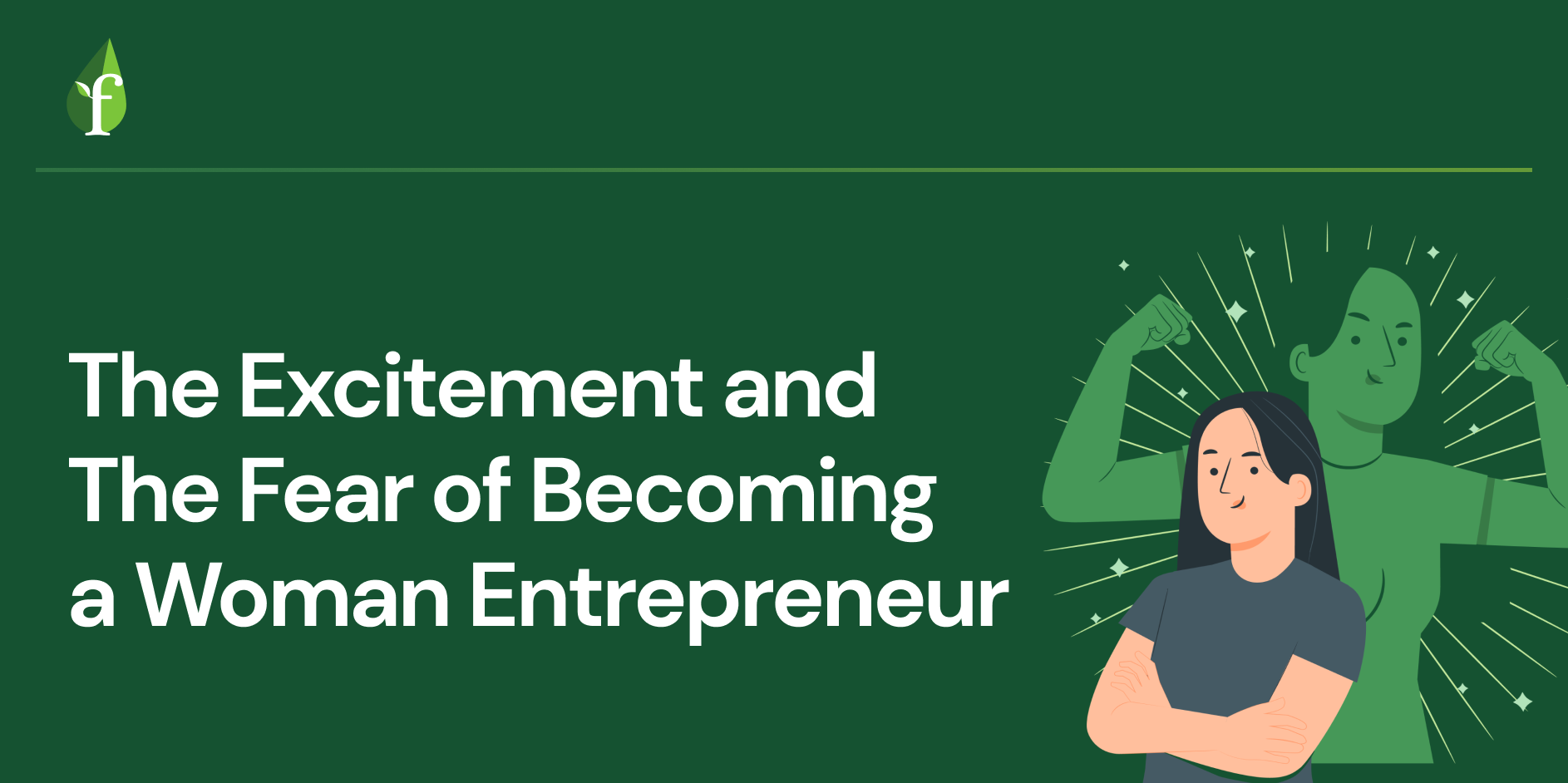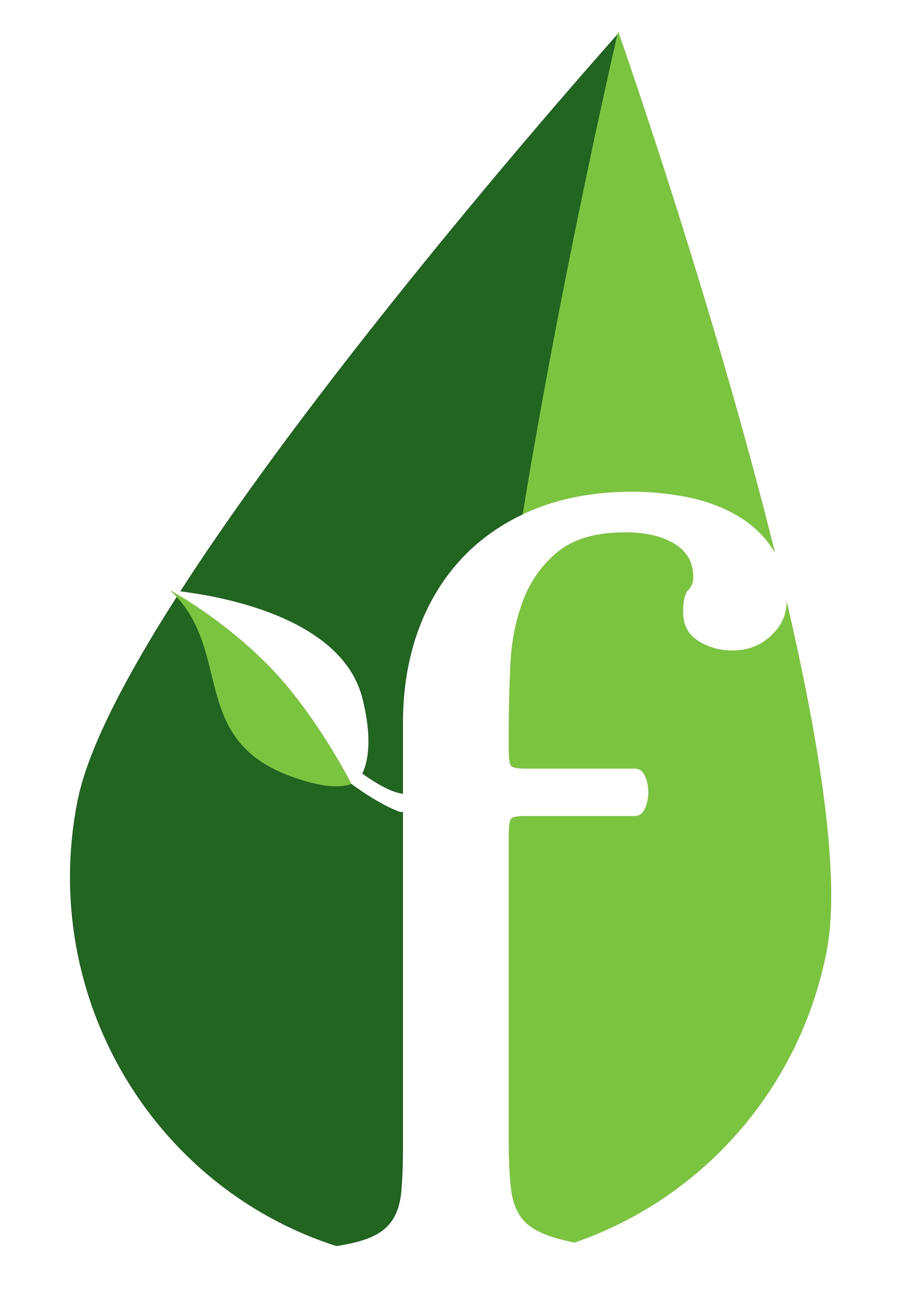
In theory, women and men startup founders face the same challenges - leaving a safe job, entering an unexplored business niche, and building a team from the ground zero. However, in practice, men and women approach change differently.
Recent research suggests that women’s interest in entrepreneurship is activated by a yearning to ‘break free’’ and be more self-reliant. Moreover, data shows that female founders may lack confidence in their projects. We wanted to determine if that’s valid for the female founders in our network, so this March, we reached out to five of them to hear their stories.
These highly trained and resourceful founders are all FI graduates who successfully run their companies in various corners of the world. We asked them three basic questions:
-
How did they decide to start a startup?
-
What did it cost them to step up and take the lead?
-
What gifts have they reaped?
Meet Gabriela, Elitza, Vinitha, Tina, and Simran!
Gabriela Accorsi (FI Sao Paolo graduate) co-founded La Decora, a decoration project platform in White Label format. With its B2B2C model, this Brazilian startup upgrades decoration with technology and projects 15x faster and 80% cheaper project execution than the traditional way. Gabriela is also currently a mentor with Founder Institute.
Before founding her startup, she worked as an architect independently and was responsible for developing and managing high-end interior design projects in Brazil.

‘‘I had a lot of help from people I never imagined would give me some of their time and knowledge.’’
Triggers to become an entrepreneur
-
A recession that affected her job.
-
People were no longer able to afford expensive designs.
Top three challenges
-
Customers did not understand what her company was doing at first.
-
The market wasn't ready to purchase design services online, a need to educate the public.
-
Finding the right technical partner.
Favorite three rewards
-
Very high level of learning in recent years. Startup community where people are open to helping each other.
-
The public´s acceptance of her idea is generating great satisfaction.
-
The certainty that she’s treading a new path with incredible potential.
Elitza Stoilova (FI Sofia graduate) is the co-founder and CEO of Umni, a tool for automating communication with clients by using chatbots. This AI solution helps businesses reduce their expenses, optimize staff work, and increase customer satisfaction.
Elitza has changed her career path a couple of times – from a journalist and reporter to growing gradually in the hotel industry. She started as a line staff and ripened up into a hotel General Manager and a destination marketing consultant. Before co-founding Umni, she was a General Manager of a 4-star hotel.

‘‘My brother asked me what would be the worst that could happen, and the answer was: to fail and become a hotel GM again. There I realized I have valuable experience, knowledge, and skills that will be with me wherever I go and whatever I do, and the fear was gone.”
Triggers to become an entrepreneur
-
A few-month break after working in the tourism industry abroad for over 20 years. During this period, she was seeking what else she wanted and could do.
-
Got introduced to Founder Institute and thought it could be the right place to speed up her search and expand her network.
-
FI mentors asked her the right questions and helped her see crystal clear existing problems for solving.
Top three challenges
-
The fear of leaving the corporate world.
-
Quitting the corporate way of thinking and acting - the startup requires fast decisions and lean actions, testing and letting go, and being flexible and innovative in promoting the business without having any budget. Also, developing a thick skin to get used to rejections.
-
The fear of missing out - constant learning is great, but on the opposite side, it makes decision-making more difficult and puts a lot of stress on daily operations. It is exhausting asking yourself repeatedly ‘’Do I know enough?’’. Focusing on the most important things can be an obstacle.
Favorite three rewards
-
We.
-
Can.
-
Do it!
Tina Russeva (FI Munich graduate) is the woman behind Mentessa, a mentorship platform that enables organizations to transform a workforce into a community. Her startup idea, turned into reality, empowers people to find, meet and learn from each other based on skills - independently from their department, experience, generation, or anything else.
Tina has been an entrepreneur, mentor, and speaker for 15 years now. Before that, she used to work for Microsoft.
‘‘As an entrepreneur, I knew that innovation needs know-how exchange beyond hierarchy, function, or personal background.’’
Triggers to become an entrepreneur
-
After giving birth to two children and between two of her startups, she joined the workplace as an employee just to find out how little employees were collaborating and learning from each other.
-
As an entrepreneur, she knew that innovation needs know-how exchange beyond hierarchy, function, or personal background.
Top three challenges
-
Balancing her private life and professional career.
-
Learning to say no.
-
Learning to accept nos.
Favorite three rewards
-
Running a purpose-driven company that attracts incredible talent.
-
The opportunity to work with very smart people.
-
The privilege of building the future of work.
Vinitha Upaassana’s startup, Perceive Now is an AI-based analytics platform for extracting indispensable insights from patents and research publications.
Before founding her company, Vinitha (FI Chacago graduate) was pursuing her Ph.D. in Electrical and Biomedical Engineering at the University of Cincinnati.

‘‘As an immigrant woman of color, I have struggled with tremendous challenges.”
Triggers to become an entrepreneur
-
Her personal experience as a researcher revealed to her the immense market opportunity to extract useful growth insights from patents and publications.
-
After two years of hard work, one of her patents got rejected, which inspired her to revolutionize patent data extraction and visualization.
Top three challenges
-
Inadequate legal assistance and awareness for incorporating startups.
-
Idea pivoting due to limited resources on establishing product-market fit.
-
Limited opportunities and understanding of navigating the startup ecosystem as a female founder of color.
Favorite three rewards
-
Amazing mentors and team members whose constant support makes all the struggle worth it at the end of the day.
-
Creating a cutting-edge AI-based platform with a strong Machine Learning backbone.
- Being able to inspire fellow brown immigrant entrepreneurs with the right set of legal direction and awareness.
Simran Kaur (FI GCC) has both corporate and startup experience, primarily in innovation. In 2020, she gave birth to her brainchild, Power Women, a digital platform for women leaders. Besides, Simran advises organizations and mentors other startup founders at Founder Institute.
Before Power Women, she studied engineering and kickstarted her career building Health-tech products, quickly moving on to leading product development teams. She helped multiple teams In the Middle East set up and grow their marketing while, on the side, she was teaching at different universities around the world.
.jpeg)
‘‘We know that gender parity is distant. But we CANNOT wait. I believe if we can go to Mars, we can build a gender-balanced world.”
Triggers to become an entrepreneur
-
When Covid hit, and the lockdown came into place, the company she was working at collapsed.
-
Took some time to think about what she wanted to do next.
-
Wanted to solve a problem she and many in her circle of women were facing.
-
Started thinking about building a solution to help women overcome barriers and succeed in their work life.
Top three challenges
-
Hiring and retaining talent.
-
Shoestring budgets and raising funds.
-
Getting the right product-market fit.
Favorite three rewards
-
The love from users.
-
The acknowledgment of her work and its impact on other lives is what keeps her going.
-
Users calling Power Women “their happy place”.
Curious Insights
Although all of our women founders’ stories are uniquely motivational, we have spotted several recurring themes:
-
Most women we interviewed already had some previous experience in their fields before starting their companies.
-
Fear of rejection is common, but it’s overruled by the desire to create an impact.
-
Receiving and passing on knowledge through mentorship and community building is everyone’s favorite startup benefit.
None of these FI graduates made the leap to become an entrepreneur solely out of necessity or ambition to be free, autonomous, and independent. Instead, they pointed out that they saw a wide-open market opportunity and decided to transform their industry positively. Apparently, they truly believe they can.
Finally, there is one last question we didn’t ask these five women founders - was it all worth the effort? After weighing all the pros and cons, our guess is: absolutely.
Graduates of the Founder Institute are creating some of the world's fastest growing startups, having raised over $1.75BN in funding, and building products people love across over 200 cities worldwide.
See the most recent news from our Grads at FI.co/news, or learn more about their stories at FI.co/graduates.




